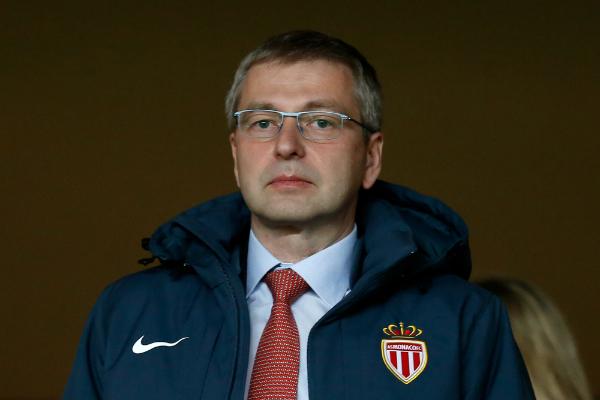A U.S. District Court judge ruled largely in favor of Sotheby’s in its efforts to dismiss Russian billionaire Dmitry Rybolovlev’s lawsuit against the auction house. The case is part of the art collector’s years-long legal battle with Swiss art dealer Yves Bouvier, whom Rybolovlev says defrauded him of $1 billion in inflated art deals, and claims that Sotheby’s played a role.
The plaintiff, which is named as Accent Delight International Ltd., a holding company controlled by Rybolovlev, argued that the auction house “aided and abetted Bouvier in committing fraud and breaching his fiduciary duties,” according to a summary from the judge. Specifically, Sotheby’s was said to have helped Bouvier acquire 15 works of art for which Rybolovlev paid in excess of $1 billion—hundreds of millions more than Bouvier had paid.
While Sotheby’s won dismissal of most of the fraud claims, it still could face some issues at trial, namely on the question of whether Sotheby’s aided Bouvier’s allegedly fraudulent sale of Leonardo da Vinci’s Bouvier acquired the work for $83 million in 2013 and then immediately sold it to Rybolovlev for $127 million. In 2017, Rybolovlev auctioned the work at Christie’s, where it sold for a stunning $450 million—becoming the most expensive work ever sold at auction. (It was reportedly bought by Saudi Arabian royal Mohammed bin Salman Al Saud.)
Rybolovlev also said that Sotheby’s aided Bouvier’s allegedly fraudulent sales of Rene Magritte’s and Gustav Klimt’s , as well Amedeo Modigliani’s.

A composite image of the before and after restoration. The work and its controversial attribution to Leonardo da Vinci is the subject of the documentary film , directed by Andreas Koefoed. Photo courtesy of Sony Pictures.
“Sotheby’s is pleased that the court’s decision on summary judgment dismissed the majority of plaintiffs’ claims for lack of evidence,” a representative for the auction house told Artnet News in a statement. “The court also rejected plaintiff’s own motion for summary judgment in its entirety. Sotheby’s will continue to defend this case vigorously and looks forward to prevailing on the remainder of the case at trial.”
Rybolovlev’s attorney, Dan Kornstein, said in a statement that the judge, Jesse Furman, “carefully analyzed the facts and agreed with many of our arguments. Although not all transactions involving Sotheby’s survived the summary judgment, our remaining claims account for over $200 million of damages inflicted to our clients. These are very important episodes of the case, and we are looking forward to jury trial.”
Representatives for Bouvier, who is not a party to this lawsuit, did not comment on the ruling.
Judge Furman wrote a recap of the dispute before laying out the reasoning for his ruling, noting that between 2002 and 2014 Rybolovlev spent approximately $2 billion to acquire a world-class art collection, comprised of masterpieces by the likes of Leonardo da Vinci, Henri de Toulouse-Lautrec, Henri Matisse, “and other greats.”
“At some point thereafter, they discovered that Yves Bouvier, an art broker who assisted in acquiring the works, had cheated them by buying the works himself for one price and charging them another price—millions or tens of millions of dollars higher. That discovery has spawned litigation around the world, mostly between plaintiffs and Bouvier, but some involving others. This case is in the latter category.”
Rybolovlev asked the court to strike the entirety of a deposition of Bouvier taken in Switzerland, arguing that Bouvier’s oral testimony is inadmissible in part because he relied on pre-written answers. The judge largely denied that claim.
Bouvier has argued at various points that he wasn’t acting as Rybolovlev’s agent, but instead bought the paintings on his own and resold them to him, which would potentially eliminate a contractual or fiduciary obligation.
Sotheby’s also successfully requested that part of the testimony of another expert witness for the plaintiffs, art dealer Guy Stair-Sainty be blocked. However, Rybolovlev’s request to bar testimony from a Gurr-Johns expert acting on behalf of Sotheby’s was denied.
Perhaps tellingly, the judge included a line toward the end of the ruling, noting that, for now, “the court is of the view that the parties should try to settle this case without the need for a trial that would be expensive, risky, and potentially embarrassing to both sides.”

























